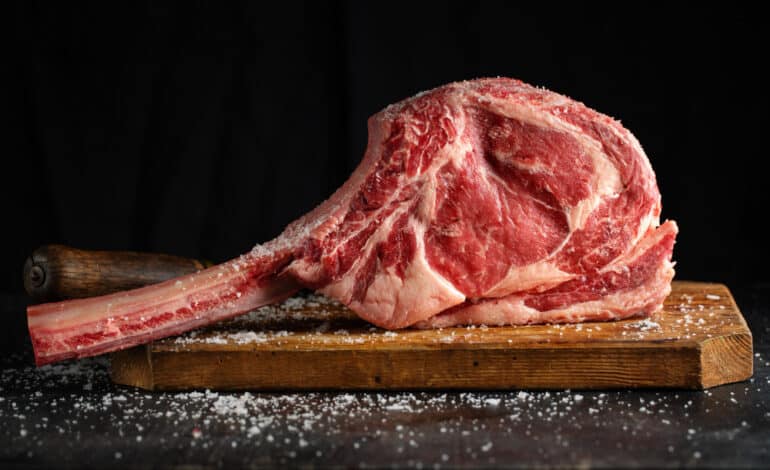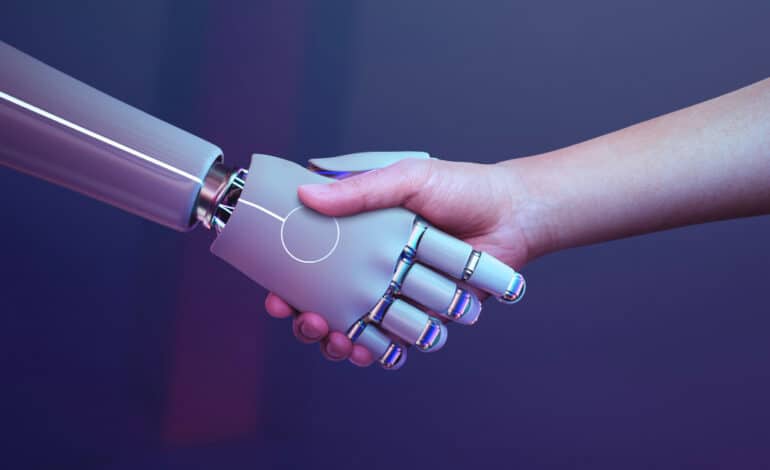Delving into the Future of Cultured Meat: A Glimpse into a World of Sustainable Sustenance

In a world grappling with the environmental and ethical implications of traditional meat production, cultured meat, also known as cultivated or cell-cultured meat, emerges as a beacon of hope, promising a revolutionary transformation in the global food landscape. This innovative technology, still in its nascent stages, holds the potential to reshape our relationship with meat, offering a sustainable, humane, and healthier alternative to conventional meat production.
Ten years from now, the cultured meat industry envisions a world where cultivated meat has become a ubiquitous presence in our supermarkets and restaurants. No longer confined to the realm of science fiction, cultured meat products will adorn the shelves alongside their conventional counterparts, offering consumers a guilt-free indulgence in the flavors and textures they crave.
Imagine strolling through your local supermarket, where the meat aisle boasts a dazzling array of cultivated meat options, each tailored to satisfy specific dietary preferences and culinary desires. From succulent steaks and juicy burgers to delicate seafood and exotic meats, the world of cultured meat will offer an endless array of possibilities, catering to the diverse tastes of a global population.
The environmental impact of cultured meat production is expected to be a fraction of that associated with conventional meat production. By eliminating the need for vast tracts of land, deforestation, and animal rearing, cultured meat will significantly reduce greenhouse gas emissions and conserve precious water resources.
Moreover, the ethical concerns surrounding animal welfare will no longer be a factor in the production of cultured meat. By harnessing the power of cell culture technology, we can produce meat without the need to raise and slaughter animals, alleviating the immense suffering often endured by livestock.
As the technology matures and production costs decline, cultured meat is poised to become an increasingly affordable and accessible option for consumers worldwide. This affordability will not only democratize access to this sustainable protein source but also address food security concerns in regions struggling with malnutrition and protein deficiency.
Investing in the cultured meat industry presents a compelling opportunity to be a part of a transformative movement that is poised to reshape the global food system. With the backing of venture capitalists and growing consumer interest, the industry is attracting significant investment, fueling rapid advancements in research and development.
While the industry is still in its early stages, the potential rewards for those who invest in its growth are substantial. Cultured meat companies are poised to capture a significant share of the global meat market, which is currently valued at over $1 trillion.
However, as with any emerging technology, there are also potential risks associated with investing in cultured meat. The regulatory landscape surrounding cultured meat is still evolving, and there is potential for delays in product approvals and commercialization. Additionally, consumer acceptance of cultivated meat may not materialize as quickly as anticipated.
Despite these potential risks, the long-term outlook for the cultured meat industry remains overwhelmingly positive. The technology has the potential to address some of the most pressing challenges facing our planet, from environmental degradation to animal welfare concerns. With continued investment and innovation, cultured meat is poised to revolutionize the way we produce and consume meat, ushering in a new era of sustainable and humane food production.






